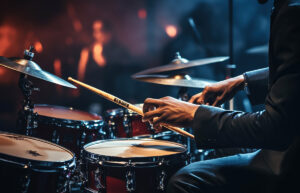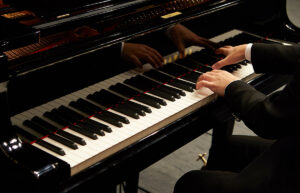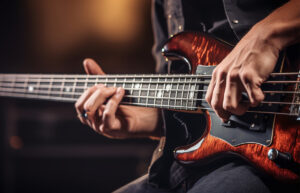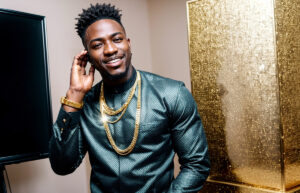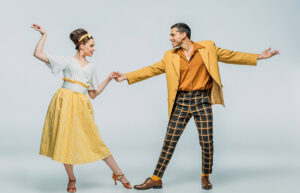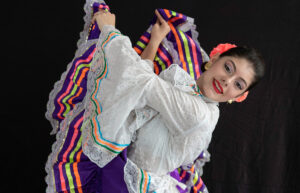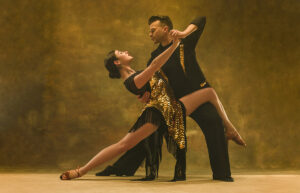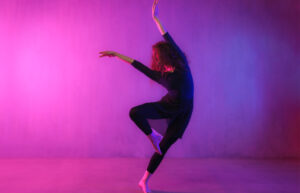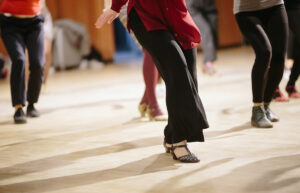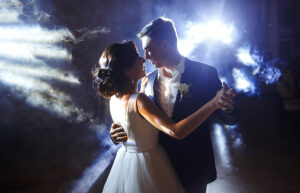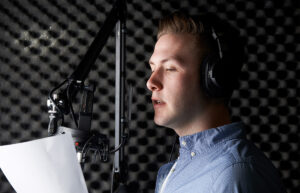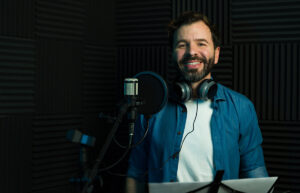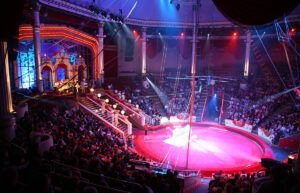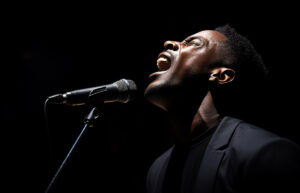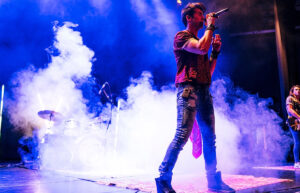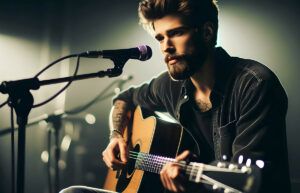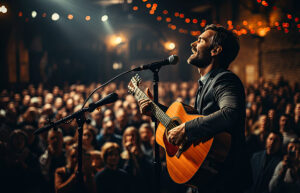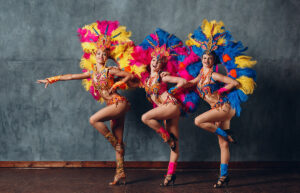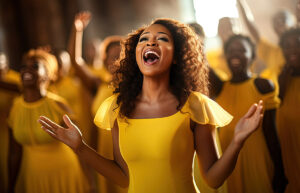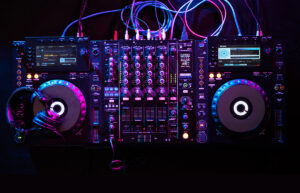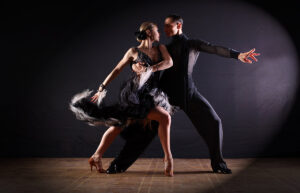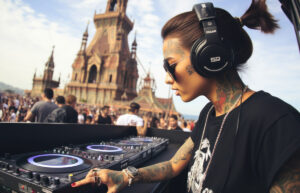Top 10 Italian Opera Singers of All Time

In this comprehensive guide, we delve into the world of Italian opera singers with incredible tenor range and soprano voice. Explore the exceptional talent and musical legacy of these iconic vocalists. We’ve curated a list of the top 10 Italian opera singers, based on their remarkable performances and contributions to the opera. Uncover the famous performances of these singers and the impact they’ve had on shaping the history of opera. Let this guide be your gateway to understanding and appreciating these legendary opera singers, offering insights into their unparalleled vocal abilities and enduring influence.
Welcome to TheDemoStop, now join the community!
Connect with artists, fans and producers around the world.
Italian opera singers
Italian opera singers hold an esteemed place in the world of classical music, renowned for their exceptional vocal abilities and passionate performances. With a legacy spanning centuries, these singers have captivated audiences globally, showcasing unparalleled artistry and emotive storytelling through their operatic renditions.
Their powerful voices, dramatic expressions, and remarkable stage presence have made them iconic figures in opera, leaving an enduring impact on music history. From Luciano Pvarotti’s powerful tenor to Maria Calla’s mesmerizing soprano, these Italian opera singers have defined and elevated the art of vocal expression, leaving an indelible mark on the grand stage of opera.
This rich heritage of Italian opera singers continues to inspire and enchant audiences, contributing significantly to the cultural tapestry of classical music.
Top 10 Italian opera singers
Italian opera boasts a rich heritage of extraordinary vocal talents who’ve left an indelible mark on the art form. Here are ten remarkable Italian opera singers whose performances have resonated globally:
Luciano Pavarotti

Luciano Pavarotti, born in Modena, Italy, in 1935, rose to global prominence as one of the most celebrated operatic tenors in history. His exceptional vocal range, emotive performances, and remarkable ability to reach high notes made him an iconic figure in opera, notably for his mastery of bel canto. His rendition of “Nessun Dorma” from Puccini’s “Turandot” remains an unforgettable anthem in the realm of opera.
Andrea Bocelli

Andrea Bocelli’s inspiring journey from humble beginnings in Tuscany to international fame showcases his steadfast dedication to opera, pop, and classical music. His fusion of classical opera with pop influences has made him a beloved figure worldwide. Notable for performances such as “La Boheme” by Giacomo Puccini and his duet with Sarah Brightman in “Time to Say Goodbye,” Bocelli continues to enthrall global audiences.
Enrico Caruso

Enrico Caruso, an influential Italian tenor, was born in Naples in 1873, set the benchmark for vocal technique and expression in early 20th century opera. His impactful performances in operas like “Rigoletto” by Giuseppe Verdi and “Cavalleria Rusticana” by Pietro Mascagni left an enduring legacy in the history of opera. Caruso’s musical journey and pioneering use of early recording technology continue to influence the landscape of vocal music.
Cecilia Bartoli

Cecilia Bertoli, the renowned Italian mezzo-soprano, emerged onto the opera scene in the late 1980s. Renowned for her expertise in bel canto, Bartoli has enthralled global audiences with her expressive voice, technical prowess, and extensive repertoire. Her acclaimed performances in operas such as “II Barbiere di Siviglia” by Gioachino Rossini and “Norma” by Vincenzo Bellini have garnered widespread praise.
Welcome to TheDemoStop, now join the community!
Connect with artists, fans and producers around the world.
Renata Tebaldi

Renata Tebalsi, a celebrated Italian opera soprano born in Pesaro, Italy, in 1922, enchanted audiences with her captivating voice and emotive stage presence. Her early passion for music led her to study at the Music Conservatory in Parma. Tabaldi’s dramatic performances, particularly in Puccini’s “Tosca,” left an unforgettable impact on classical music enthusiasts.
Katia Ricciarelli

Katia Ricciarelli, an acclaimed Italian soprano, born in Rovigo, Italy, in 1946, captivated audiences with her exceptional vocal abilities and emotive performances. Her studies at the Benedetto Marcello Conservatory in Venice laid the groundwork for her operatic debut in the 1970s. Ricciarelli’s compelling portrayals in works by Verdi, Puccini, and Mozart, cemented her as a celebrated figure in the opera world.
Giuseppe Di Stefano

Giuseppe DI Stefano, an Italian tenor born in 1921, emerged from modest beginnings to become an iconic opera sensation. His career kicked off after winning a singing competition at the age of 16, leading to collaborations with legendary opera stars like Maria Callas and Tito Gobbi. Di Stefano, celebrated for his elegance and passion, left a lasting impression with memorable performances in operas like Verdi’s “Rigoletto.”
Tito Gobbi

Tito Gobbi, a prominent Italian baritone born in 1931, left an indelible mark in the world of opera. Starting as a painter, Gobbi transitioned to a successful opera career, earning acclaim for his nuanced characterizations in Verdi and Puccini’s roles, notably in “Largo al factotum” from Rossini’s “The Barber of Seville.”
Rosa Feola

Rosa Feola, a notable Italian soprano, embarked on her musical journey from Salerno, Italy. Her early passion for singing led her to study at the Conservatory of San Pietro a Majella in Naples. Feola’s lyricism and versatility in operatic performances, like Gilda in Verdi’s “Rigoletto”, have established her as a promising talent in the opera circuit.
Claudio Villa

Claudio Villa, an Italian tenor with a powerful voice and passionate performances, gained fame in the mid-20th century. Renowned for his versatility in operatic arias and traditional Italian songs, Villa’s emotive renditions of Neapolitan songs continue to resonate across diverse musical genres.
Conclusion
The legacy of Italian opera singers is an extraordinary tale of passion, vocal mastery, and emotive storytelling that has enthralled audiences for centuries. From Luciano Pavarotti’s commanding tenor in “Nessun Dorma” to Andrea Bocelli’s poignant lyrical performances, these singers have elevated the art of vocal expression, leaving an enduring mark on opera’s grand stage. Their powerful voices, dramatic flair, and unforgettable renditions have not only shaped the cultural tapestry of classical music but also continue to inspire and enchant audiences globally, underscoring their timeless influence on the world of opera.
FAQs
Who are the top 10 Italian opera singers?
The top 10 Italian opera singers are Luciano Pavarotti, Andrea Bocelli, Enrico Caruso, Cecilia Bartoli, Renata Tebaldi, Katia Ricciarelli, Giuseppe Di Stefano, Tito Gobbi, Rosa Feola, and Claudio Villa.
Who is the most famous Italian opera singer?
The title of the most famous Italian opera singer is often attributed to Luciano Pavarotti. Renowned for his powerful tenor voice and remarkable performances in operas like “La Boheme” and “Turandot”, Pavarotti’s rendition of “Nessun Dorma” from Puccini’s “Turandot” solidified his status as an iconic figure in the world of opera.
Who are the three famous opera singers?
The three famous opera singers include Luciano Pavarotti, Maria Callas, and Andrea Bocelli.
Who is the king of Italian opera?
The title of the “king of Italian opera” is often associated with Luciano Pavarotti.
What's the allure of Italian opera voices?
Italian opera voices possess a unique allure due to their distinct characteristics. They often showcase impeccable technique, an emotive quality that resonates deeply, and a rich tonality capable of conveying a wide range of emotions. Their ability to effortlessly blend power, emotion, and technical brilliance creates an enchanting and captivating experience for audiences worldwide, making Italian opera voices truly extraordinary in the realm of vocal artistry.
How do Italian opera singers achieve excellence?
Italian opera singers achieve excellence through rigorous vocal training, mastering the art of breath control, vocal agility, and emotive expression. They often undergo years of dedicated practice to develop their unique vocal timbre and technique, focusing on perfecting their phrasing, interpretation of musical scores, and stage presence.
Why are Italian opera singers renowned worldwide?
Italian opera singers are renowned worldwide primarily due to their exceptional vocal prowess, rich heritage, and deep-rooted tradition in the world of opera. Italy has been a cradle for opera, producing singers with extraordinary technical skill and emotional depth, making them highly sought-after for their ability to convey powerful emotions through their performances. Their training, steeped in tradition and technique, combined with the passionate delivery of arias, has established Italian opera singers as paragons of the art form, captivating audiences across the globe.
Who is considered the father of Italian opera?
Claudio Monteverdi is often hailed as the “father of Italian opera.”



